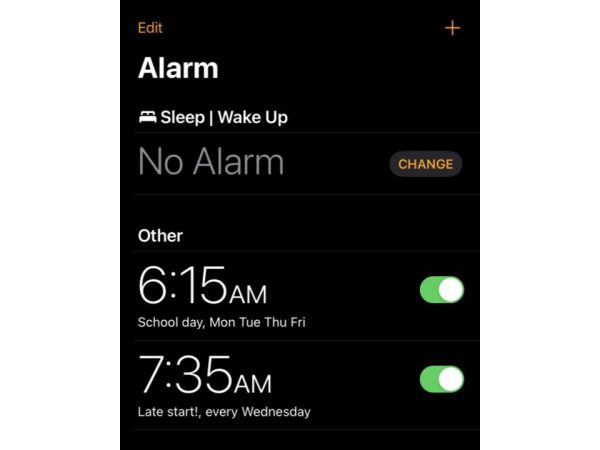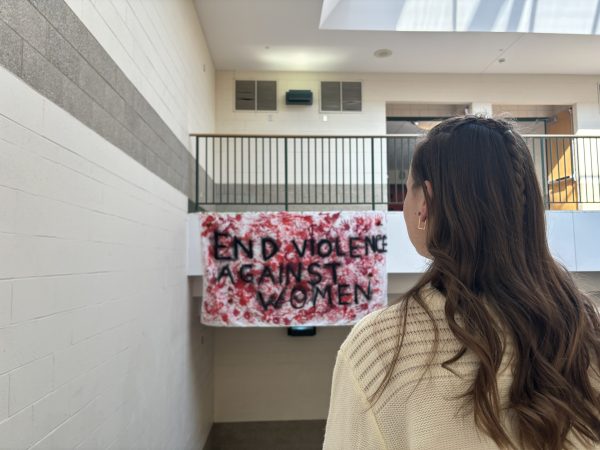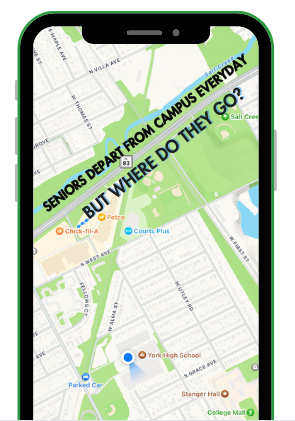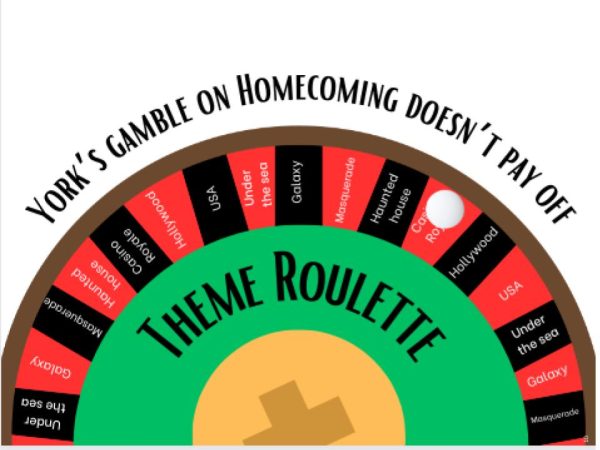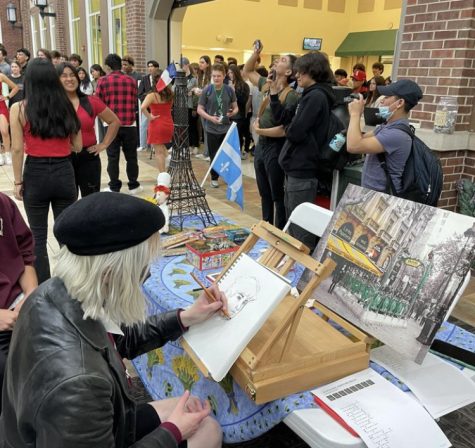Let’s hear it for the hairy ladies
It seems as though a woman’s mere presence elicits judgment from all around. Like a piece of artwork, she is there to be noticed; if she didn’t want to get attention, she wouldn’t be dressed like that; or styling her hair like that; or showing her legs like that; or wearing her make up like that.
This tosses us up on a catwalk for some show in which none of us ever agreed to participate.
It makes everything we do seem like an act, resulting in the common subconscious thought that everything a female does is in an attempt to get noticed.
Every November across the Inter-webs, antifeminists take quickly to Twitter, posting tweets such as, “Just a heads up, No Shave November is not for women. Don’t be disgusting, ladies,” (tweeted by @GuyCodes in 2012). There have been more insulting tweets, but this paper is too classy to include them here.
Ignoramuses rant about the shameless feminazis stealing No-Shave November away from cancer patients, claiming these hairy ladies turn the commemoration into a display for women’s rights not to shave.
When female participation in No Shave November is so viciously attacked, that’s making it about women. That’s taking away the true meaning–raising awareness for prostate cancer–and making it about controlling and shaming the bodies of women, who, in fact, stand by those affected by cancer as strongly as their male counterparts.
I’m not one to say that females should not shave nor do things to please men. I don’t want anyone telling me what to do with my body—I, like most women, hear those messages loud and clear every day from countless sources–so I won’t tell someone else what to do with their body. I encourage you to do with your body what you want.
Our culture turns away from this. The media and the people we know sometimes turn the human body into a trophy–something needing to be pleasing to the eye. We’ve lost ownership; we’ve lost the right to freely occupy our bodies.
We can tone them, reshape them, color them, dress them up; not so easily can we change up our thoughts, broaden our perceptions, or learn to empathize and forgive. This inner life creates the beings we are, not the bodies we have.
Maybe we forget that we are souls with bodies, not bodies with souls, and that’s why we hold bodies to such importance. I don’t discourage finding value in vanity; again, doing what you want with your own body is A-okay. It’s the only body you’ve got a right to, so make yourself at home. It gets dangerous, however, when we look at our bodies as not our own–something for others.
In this land of disconnection, we line our bodies up with others; we hear words like “disproportioned” (as compared to what?), and are blindsided by molds created by society and Photoshop, in which none of us fits.
We’re expected to fix and sculpt ourselves tirelessly in an attempt to fit those molds to no avail, because we’re not supposed to be satisfied with what we see in the mirror, because advertisers can’t sell you anything if you’re perfectly content with the way things are.
Pay attention to the images of women you’re shown. They’re thin; curvy in all the right places; smooth; and hairless, save for perfect eyebrows (not too thick, not too thin, not too straight, not too arched, and there had better be two of them); and voluminous long hair on the head.
Having two X chromosomes doesn’t equate to having all these traits. Incorporate our different races, nationalities, genes and backgrounds, and it’s impossible for all of us to fit that mold. And who said we all want to?
Through these unrealistic expectations we’ve taken a woman’s body away from her and said, “Impress me.” And when she frequently doesn’t, she pays.
Your body is yours every single day. I encourage you to do with it whatever makes you feel happy and healthy. And you need not ever apologize.




